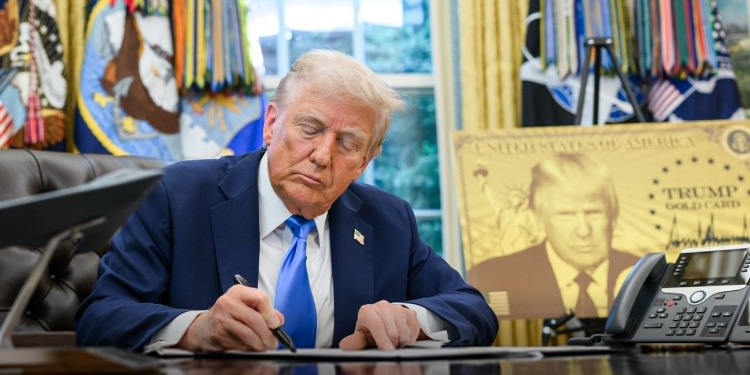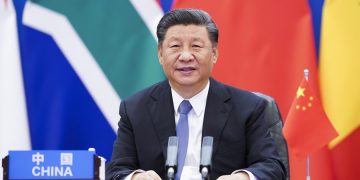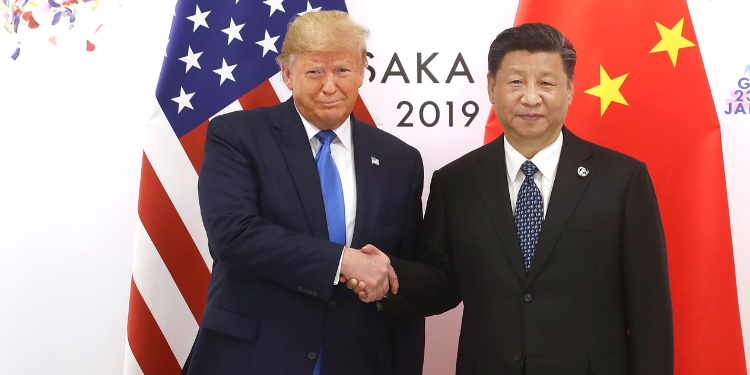United States President Donald Trump announced on October 15 that the United States is considering ending its cooking oil trade with China as part of a broader economic retaliation.
In a statement on his Truth platform, Trump accused Beijing of deliberately harming American soybean farmers by refusing to purchase US soybeans, calling it an “Economically Hostile Act.”
“I believe that China purposefully not buying our Soybeans, and causing difficulty for our Soybean Farmers, is an Economically Hostile Act,” Trump noted in the statement.
Trump on China Cooking Oil Business
“We are considering terminating business with China having to do with Cooking Oil, and other elements of Trade, as retribution. As an example, we can easily produce Cooking Oil ourselves, we don’t need to purchase it from China.”
Trump’s remarks come amid ongoing tensions between the two countries over trade policies.
Also Read: Raila Odinga Dies at 80
Soybeans are a major export for US farmers, and China has long been the largest buyer.
The decision by Beijing to reduce purchases of US soybeans during the previous trade disputes dealt a heavy blow to farmers, particularly in the Midwest.
The cooking oil trade is one of several economic fronts in the broader US-China trade relationship, which has been marked by tariffs, counter-tariffs, and periodic negotiations.
Current Tariff Situation
As of October 2025, the US-China trade relationship remains complex, characterized by overlapping tariffs and temporary measures affecting a wide array of goods.
On September 29, 2025, the US administration announced new tariffs targeting wood product imports, set to take effect on October 14.
These add to existing Section 301 tariffs that cover chemicals, machinery, electronics, and other products.
Trump announced a new 100% tariff on all Chinese goods, effective November 1, 2025.
This move is a direct response to China’s recent export restrictions on rare earth elements, which are critical for various high-tech and defense industries.
Also Read: Zelenskyy Urges Trump to Help End Ukraine War Following Gaza Peace Deal
The decision is part of a broader US strategy aimed at countering what Washington perceives as aggressive and unfair trade practices by Beijing.
Effect of Tariff War
Reciprocal tariffs imposed by both sides had been reduced under a truce agreement, with current rates capped at 10%.
However, many products still face combined tariff burdens due to overlapping duties, complicating supply chains and raising costs for importers and consumers.
The tariffs have had a huge impact on multiple industries reliant on imports from China.
Businesses dealing in furniture, wood goods, and manufacturing components have reported rising costs and supply chain disruptions.
Follow our WhatsApp Channel and X Account for real-time news updates.







![Raila Odinga Death: President Ruto'S Address To The Nation [Full Text Speech] Raila Odinga Death: President William Ruto’s Full Speech](https://thekenyatimescdn-ese7d3e7ghdnbfa9.z01.azurefd.net/prodimages/uploads/2025/10/ruto-7-360x180.png)







































































